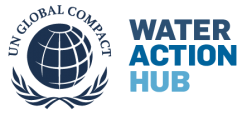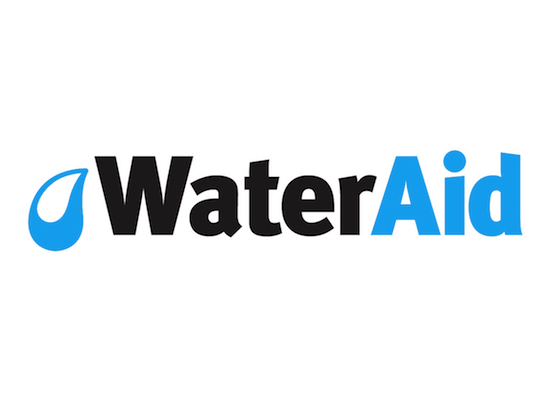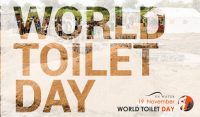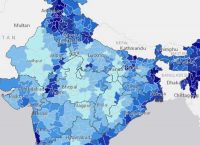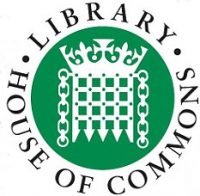Primary Functions
- Help companies understand the business value of their WASH investments and calculate their financial return on investment (ROI).
Detailed Description
The global challenge: We all have a role to play in making clean water, decent toilets and good hygiene normal for everyone, everywhere by 2030 – Sustainable Development Goal 6. Businesses can and should be part of the solution to the global water, sanitation and hygiene (WASH) challenge; this, in turn, could present business benefits and opportunities.
Why do we need the guide?
The social, moral and macro-economic case for investment in WASH is clear, and companies are taking some action to improve WASH in the workplace, communities and supply chains. However, to drive the transformational change required to meet the 2030 goal, more companies need to invest directly in WASH programmes and to leverage their influence across their extensive supply chains to persuade suppliers to act.
Anecdotal feedback and good case studies show there are business benefits to investing in WASH, such as reduced absenteeism and improved productivity. This is a useful starting point; but, to drive action at the scale required, more robust evidence is needed that demonstrates the financial value of investing in WASH, to strengthen the business case.
What is the guide and who is it for?
In response to the challenge of quantifying the business benefits, WaterAid, Diageo, GAP Inc., and Unilever have worked with PwC and ODI to develop a practical, step-by-step guide. The guide will help companies understand the business value of their WASH investments and calculate their financial return on investment (ROI).
It is aimed at companies who are likely to have an established WASH programme and want to evidence the financial benefits of their WASH interventions. This may be to:
- Strengthen the internal case for future investment.
- Work with suppliers to scale up WASH programmes.
- Generate more business case data, which can be shared in a consistent format and used to catalyse action across the business community.
What can you do?
This guide provides an opportunity for progressive companies to take a lead, showcasing the incentives for business investment on WASH while catalysing action. WaterAid, Diageo, GAP Inc., and Unilever call on companies to use the guide and, most importantly, share the data they generate, and their learnings, with WaterAid.
Together we can advance the business case and drive greater action on WASH.
